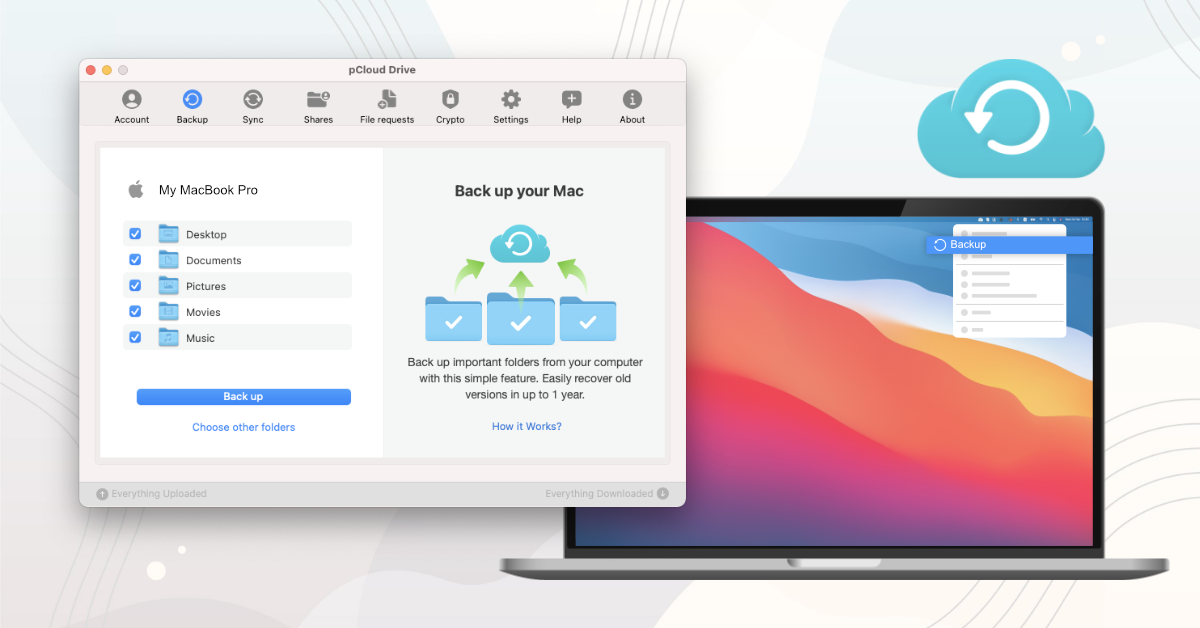Security is a hot topic these days, with all the news about data breaches and cybercrime. Experts research states that more personal data is being created, saved, transmitted, and shared online than ever before.
Everywhere we go and everything we do requires our personal information to log in and activate. If you were to graph the amount of data we consume and share online, it would shoot straight up and never flatten out. What about personal data that you didn’t necessarily mean to share but got stolen anyways because your email address or computer got hacked. Cybercrimes are exponentially increasing every year, and the global cost of cybercrime damages exceeds 540 billion dollars annually. There are 5 simple rules that you can follow in order to drastically improve your online security:
1. Use two-factor authentication
It’s a good idea to have a strong password, but a better one is to have two-factor, or multi-factor, authentication. Multifactor authentication brings an extra layer of security. It requires an extra step (usually a security code) to verify your ownership of the account. This means that if a hacker gets access to your password, they will still be another security measure in place to protect your account.

2. Look out for phishing scams – Thinking before clicking
Over 3 billion phishing e-mails are sent every day, hackers’ attacks are some of the greatest cybersecurity threats. Cybercriminals will attempt to trick you into providing personal information such as your username and password, banking, or credit card information. Nasty links can do a lot of harm in several different ways, so make sure that you check the links and ensure they’re from trusted senders before clicking.
You don’t need to be an email expert to spot a phishing e-mail. Watch out for e-mails from unknown senders, look closely for grammatical errors or any inconsistencies in the email that look suspicious.

3. Practice good password management
We all have too many passwords to remember these days. When you sign up for a new service, don’t take the short-cuts, like re-using the same password. A password manager is the best way to remember all your passwords. It’s easy to use, and your passwords are always unique and within reach.
The average person needs to remember at least 11 passwords, no need to focus on memorizing all of those passwords. Be secure and more efficient with a program, which will generate strong passwords for you, enter credentials automatically, and remind you to update your passwords periodically.

4. Back up your data
Back up regularly – if you are a victim of a security incident, the only guaranteed way to repair your computer is to erase your data and re-install the system. Make sure that you have a copy of your most valuable files and memories stored in a secure place. Setting up an offsite backup of all your photos, documents, and important digital files is easy. The main advantage that cloud storage has over other backup methods is the ability to access your files from anywhere. Make sure to choose one with reliable encryption, to make sure your data is protected.

5. Keep up with updates
Software patches can be issued when security flaws are discovered. If you find these software update notifications to be annoying, you’re not alone. However, they are the lesser of two evils. Would you prefer putting yourself at risk of getting infected with malware to just restarting your device after an update?
When it comes to online security, people think that you need a computer degree in order to understand it, but there are very simple steps that can be followed in order to protect yourself and your data from being exposed to threats.No one is immune to hacking. However, by following a few tips you can reduce the risk of cyberattacks and ensure your files and information remain safe.
